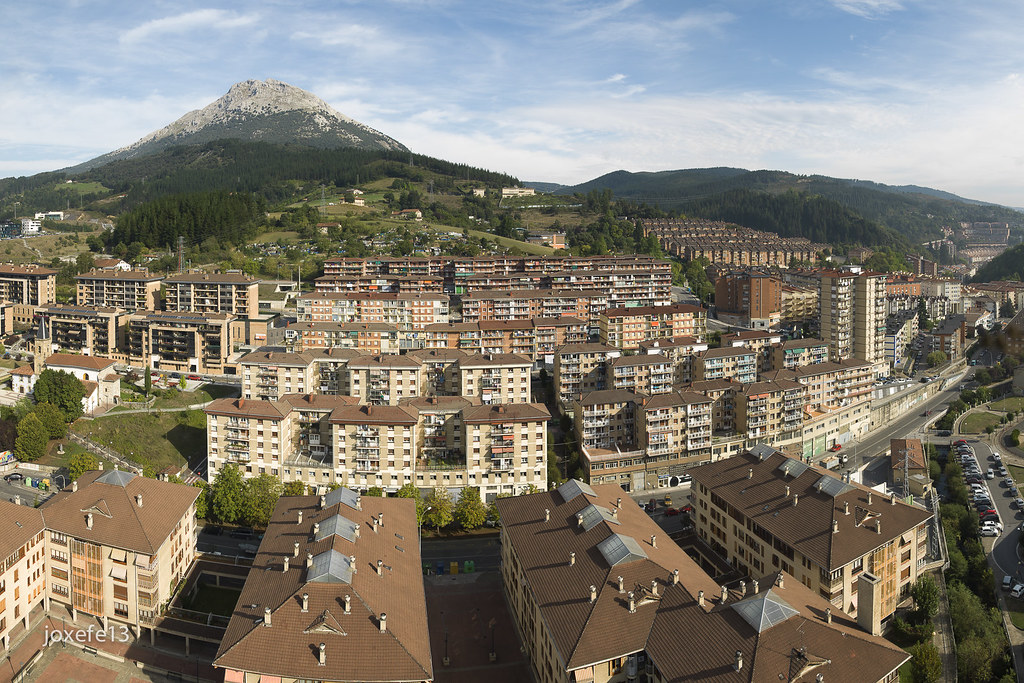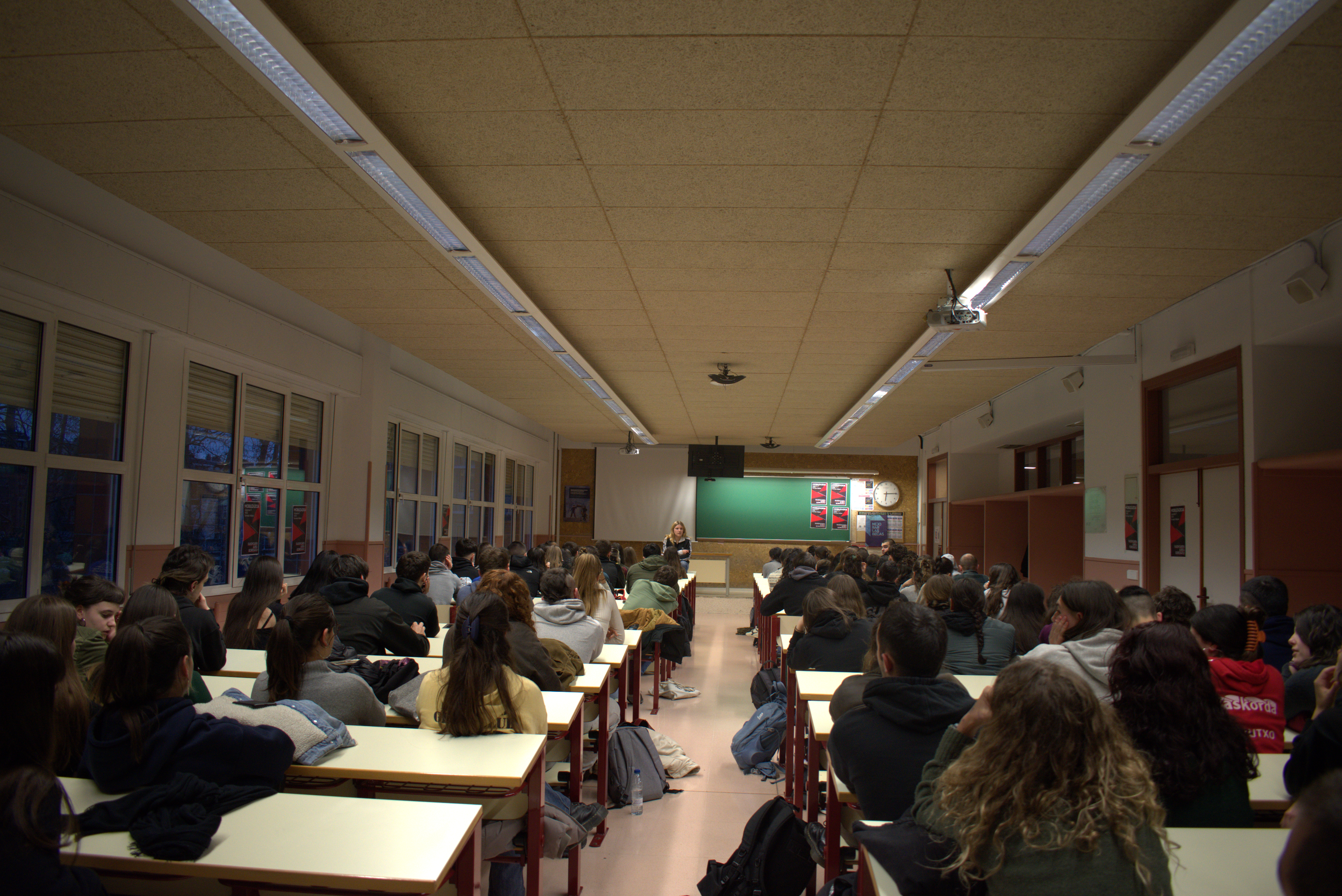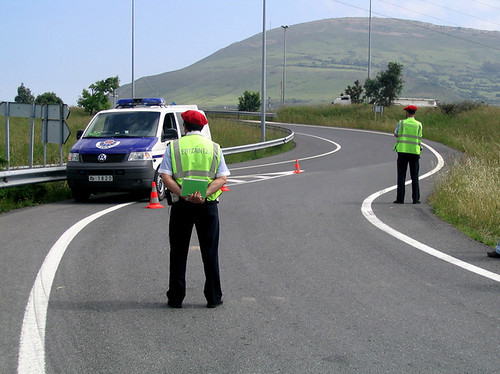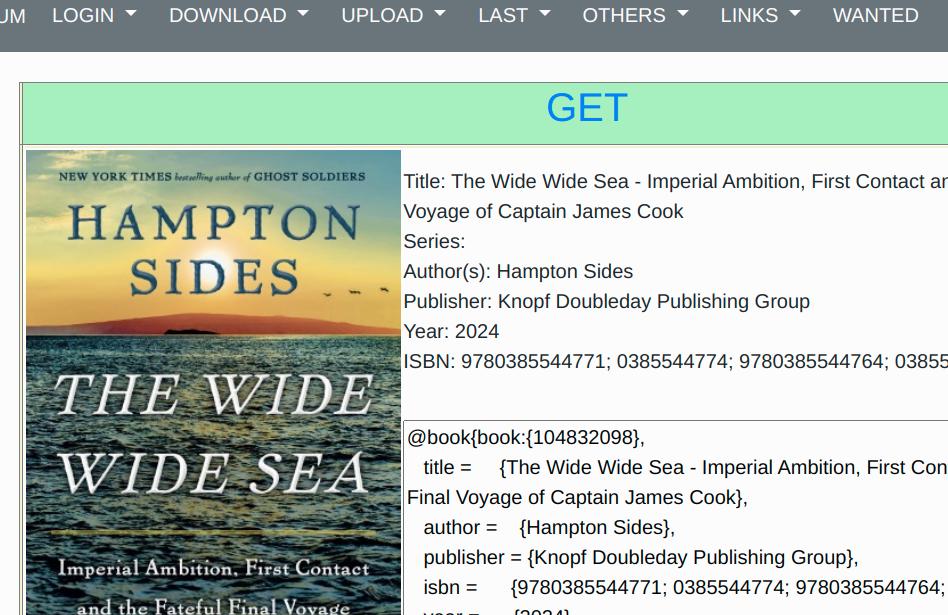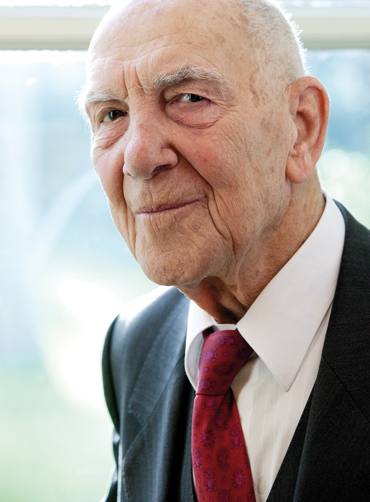
“I’ve always been on the dissident side.” What is it, a principle or a statement?
A principle that I probably owe to my country of origin. I was born in Berlin, and the young man from Berlin, like the young man from Paris, carries a voluntary impertinence in his veins. Not only that, but I had the chance to create in a progressive family that imbued me with a strict but unconformable morality, and I have always felt the desire to join dissidents in me. In 1937, when the French army called me to war, I felt more panic and disgust before Hitler than my comrades. I knew that there were great opportunities for the Germans to attend to the Fuhrer, for the discourse that praised Germany’s greatness, fame and prosperous future was appetizing to the blunt ears. By then, I was not in vain in the Pacific struggles against Nazism and Fascism. I was born in 1917, during the First World War, and the echo of a second war was a terror to us. We couldn't get the Germans to disable Hitler, the war broke out, and I had no choice but to go to the trenches. I am one of those who lost the war, because the German troops swallowed my section in the department of La Sarthe. From there I landed in Marseille, and from there and from here, in 1941, I arrived in London to dedicate myself, together with General de Gaulle, to the resistance for free France.
Your wartime career from there looks like a movie.
After three years working in the intelligence and espionage offices of London, I returned to Paris in March 1944 as part of a secret espionage mission. One of my comrades, however, fell into the hands of the Gestapo, who pledged to make an appointment with me to avoid torture. I was arrested there, tortured, and taken to hang myself at the extermination camp in Buchenwarld. On the eve of the big day, high, I managed to assume the identity of a Frenchman who had just died of typhus in the area where we were, avoiding the gallows. From there, with my new names and surnames, I was deported to the concentration camp of Rottlebero, and after being arrested again in an attempt to escape, I was kept in the camp of Dora, considered the hardest in the hardest. From there I celebrated and managed to reach Paris, and what things are, the son of the doctor who saved my life in Buchenwarld has returned Be angry! In the German language.
What happens to the person’s head on the eve of the hanging?
When I was arrested as a Franco-British secret agent in Paris, I thought it was over, it was mine. In the war, the enemy does not leave any available agents alive. At that moment you give up, you give up, but you also feel the passion and the worm in your belly up to face the end with courage. Your struggle is not to lose your dignity, you may lose control of your body, but keeping your mind clear is the mission of the moment. You need terrible luck to save yourself, but only with a clear mind can you hit the edge of luck.
You closed the war and opened the door to a diplomatic career, participating in the drafting of the Universal Declaration of Human Rights.
On my return to France in 1945, I began to work in the United Nations Secretariat immediately after overcoming the opposition. The Declaration of Human Rights, which has had so much to say since then, was our first major challenge. The declaration at the outset was not binding, but the binding treaties on civil, political, economic, social and cultural rights that followed allowed our work to gain strength. What does that mean? That States can be pressured, making it clear that if they do not respect these rights, the matter could become evil. We have strong pressure but weak governments, and although there are 193 States in the United Nations, only 15-20 are true democracies. Not only that, but in democracies such as France or Spain there are also reasons to be disturbed and angry, because these rights, proclaimed 65 years ago, are once or twice trampled upon. Citizens have a lot to say, high, and at any time they can say to the State, “Be careful, you have crossed the red line, we don’t agree.” There has been a clear upsurge of Cibism in the last half century, and only in this way can democracies be kept alive. However, among young people there is a tendency to despair, to pass, which I find very serious. There is always something to fight for, something to defend, and for that to continue to be the case, there must be a war on indifference and despair.
How do you do that?
It is true that you can fight individually, you can write, you can vote, you can support an association, but it is much more effective to form groups and collaborate. Today, thanks to new means of communication, you can take the battle for a concrete proclamation with people from all over the world. The power of Facebook, etc., is enormous, and although they have flaws and shortcomings, they are invaluable tools if used properly. What is clear is that deception comes from anger, and deception brings action. First you have to think about what’s bothering you, scratching here and there looking for what’s touching the fiber. You might stumble upon the cause of immigrants and come to the conclusion that in many European peoples, cries like “stay at home!” are heard more and more often. We must turn this around and realize that we live in a world of growing movement and be able to positively channel the frictions of movement. Why don’t we get used to having healthy relationships with those who come and go and be respectful of ourselves wherever we go? When will we come to a multi-ethnic and multicultural society? We should not make young people racist and xenophobic, but I do not know whether the current policy of some States favours such education.
Besides indifference and despair, is there no fear of power or state among the people?
More distrust than fear. Okay, we're going to elect the government in exchange for being governed, but once elected, does that government really do what it should do? Why is admiration and adherence to political leaders scarcer than ever? For example, who has Sarkozy as a great man? In France they call it a joke, and they laugh at it outside. Thus, even the most charismatic leader has always had difficulties, since it is normal that the State does not fully satisfy the citizen, and perhaps this is what makes the citizen the engine of the impulses of democracy. That is why I say that young people must maintain this spirit of resistance, and that resistance is intimately linked to creativity. We can’t settle for what is created, we could always create something to improve. For example, we could create a more harmonious world. I am particularly angry at the way our world is managed. We don’t take care of our land at all, we are destroying the planet in the name of exploitation, and while some are talking about unsatisfying, people are still starving. The world’s financial economies have created an unmanageable world, where an economy not regulated by states goes insane, and the current economy is insane.
Is that why you say that, since the beginning of the century, we are taking big steps back on the social achievements of the time of resistance?
The 30-40 years after World War II have been quite constructive, but in the last ten years we have been throwing everything out the window. September 11, 2001 has angered the United States, and there has been an increase in military interventions that the United Nations did not want but failed to stop. In the same way, the economic power of the United States has prevailed on a global scale and this has brought us down the precipice. At present, it is much more difficult to obtain the money necessary to sustain the social gains. There is the problem of retractions, unemployment, social security is about to explode... What does that mean? That we need to work on a new model to guide the economy, which is much more social, ecological. Look at what is happening in North Africa, and there is also a desire in Europe not to be imprisoned in an ultra-liberal European Union. The Europe of tomorrow will not be built on the roads that Durao Barroso wants to build. It is a lie that Europe is built, the most beautiful is yet to be done.
There is also much to be done in Gaza.
My wife and I have visited Gaza five times since 2002, and we have seen with our eyes that it is an open sky prison for a million and a half Palestinians. They can't fish even if they're on the shore, they can't import cement even if they have everything to build... This is unacceptable. Now, for example, we are preparing a boat full of help that will go there, hoping that we will overcome the blockade of Israel with the help of Egypt. The decline of Mubarak makes me think that it will renew relations between Egypt and Gaza, but who knows? The international community has also been saying for 40 years what the solution is, but it does not implement it, it does not know how to do it, or it does not want to know. Meanwhile, the United States has a very understandable relationship of friendship with Israel, and as a result, Israel has almost total support in the world. From time to time, he gets a little “hey, you’re going to have to fix this, aren’t you?” from the United Nations, but then we close our eyes to the situation that remains the same. Thus, if the United Nations does not go beyond the principle of the right of veto, we will continue to turn around in the rotonda, while alimal outbursts take place. Because few people internalize the lessons of their history, and although Israel has suffered the drama of anti-Semitism, it does not see or want to see that anti-Islam leads to barbarism.
Why, in the world at large, does legality prevail over legitimacy?
I don't know, but that's our drama. However, we must go about transporting the values that are indispensable to us, and we will gain legitimacy to the extent that they are indispensable to us. Equality between men and women is legitimate, it is legitimate for society to take care of the sick and the disabled... and if we see that the laws do not go in this sense, if they put legality above legality, we have every right to resistance and dissent. Any struggle that claims legitimacy against legality is just, because when a reality becomes dangerous it is necessary to detect the margin of disobedience without falling into unsolvable chaos. If this disobedience is abundant and abundant enough, it is a tremendous means of pressure for any government in the world, and power can yield.
Yours is quite a leftist discourse, but isn’t the current left closer to the center than ever?
I wouldn't say it. The European socialist party led by Rasmussen is a symbol of values that are very valuable to me. I'm not asking for more. I don't think we're on the eve of a Bolshevik revolution. We live in a democracy, it is a source of joy, but we must, nevertheless, make full use of what democracy can provide socially and environmentally. That is why future generations will have to lead the fight against poverty and social injustice and the battle for the environment. These are battles that will demand a multiplicity of will and dynamism, but to move forward, there is no need to overthrow the institutions that we have. On the contrary, the European institutions or the United Nations can do a great deal on the road to a better world, and since I am in fact an optimist, I would like everyone to live one day as Danes in Denmark. We need a world with a social and solidarity economy, and although many things go wrong, let’s not forget that they are providing interesting cyabogas, and we have beautiful paths and opportunities to tear them apart.
1917ko urriaren 17an jaio zen Berlinen, 7 urterekin Parisera etorri eta gerora frantses nazionalitatea hartu bazuen ere. Bigarren Mundu Gerran, erresistentziako lider, ondoren diplomazia karrera luzea du egina, Giza Eskubideen Deklarazio Unibertsalaren eraketan parte hartuz, edo Nazio Batuetan Frantziaren enbaxadore izanez. Bestalde, zenbait libururen egilea da, tartean, iaz atera zuen eta salmenta markak hautsi eta hizkuntza anitzetara (tartean euskarara) itzulia izan den Haserretu zaitezte!
“Nire gazte denboretan gobernu autoritarioak zeuden agintean, eta autoritarismoaren aurrean errazagoa da bat egin eta asaldatzea. Egun, Sarkozy, Cameron edo Berlusconi bezalako agintariak ditugu, eta haserretzeko moduko mila motibo eman arren, anbizio gutxiko gobernadoreak baizik ez dira. Guk figura indartsuak genituen, identifikatzen biziki errazak, hil ala bizi borrokatu beharrekoak, baina oraingoak dinamikoagoak bihurtu nahi genituzkeen mazapanak dira, eta sinetsi, askoz zailagoa dela horiei aurre egitea”.
















